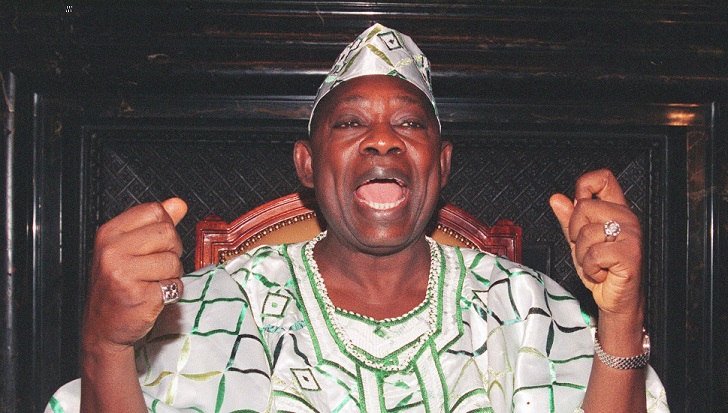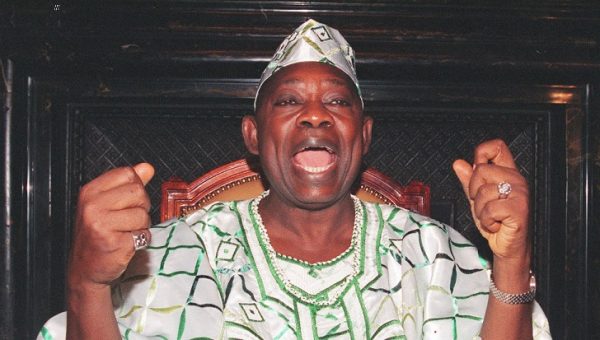It was a sunny Saturday morning where I lived. As I recall, my parents were bubbly at the idea of voting for a decade; so bubbly, I wished I was old enough to go out with them and cast my own ballot. Things were truly different then. The politicking was based on sound ideology; the Social Democratic Party (SDP) ticket sold hope from its leftist position while the National Republican Convention (NRC) stood its grounds on the conservative right. Professor Humphrey Nwosu, the country’s electoral umpire had pulled off a rare feat by introducing open ballot system of voting for the first time in Nigeria, giving the elections all the credibility of being free and fair.
It was June 12, 1993, and the much awaited day had come, or so we thought. The political campaign cycle running up to that day had been effervescent. Like my parents, I would have voted for the convivial SDP candidate, MKO Abiola and his running mate, Babagana Kingibe without thinking twice largely because Bashir Tofa and Tom Ikimi of the NRC seemed furtive and disconnected from the issues on ground at the time.
My parents were back at about noon, having gone to the polling centre at 10 am, with a note of resounding victory that Abiola had won.
I believe many people who voted that day, recall how MKO Abiola won in their voting centres; how the National Electoral Commission (NEC) began to release results with the SDP in a clear lead; how IBB later annulled the election on grounds of widespread irregularities.
June 12, 1993, and June 12, 1994, remain significant in our country’s history because these dates were the first in two concurrent series of events that ended two respective military dictatorships (Babangida’s and Abacha’s) and ultimately led to the birth of Nigeria’s 4th Republic.
On June 12, 1994, MKO Abiola declared himself lawful President of Nigeria for which he was sent to jail for treason, lost his wife, Kudirat Abiola to a government assassin’s bullet and eventually lost his own life on July 7, 1998.
Today, amidst so much rancour based on ethnicity and religion, one can only reminisce how we didn’t care about religion or ethnicity on June 12, 1993; how MKO Abiola’s campaign tagged, ‘Hope 93’ was issue-based; and how a truly popular mandate was stolen, but not without consequences.


